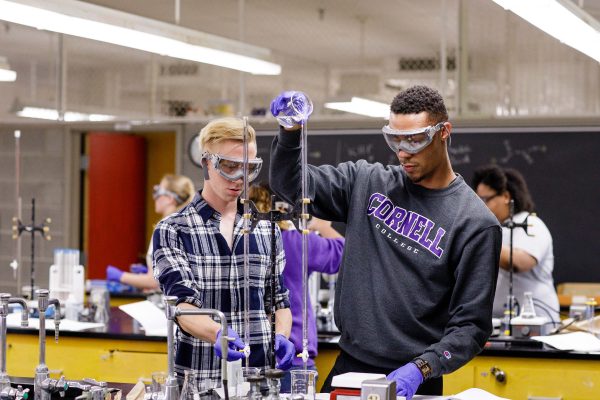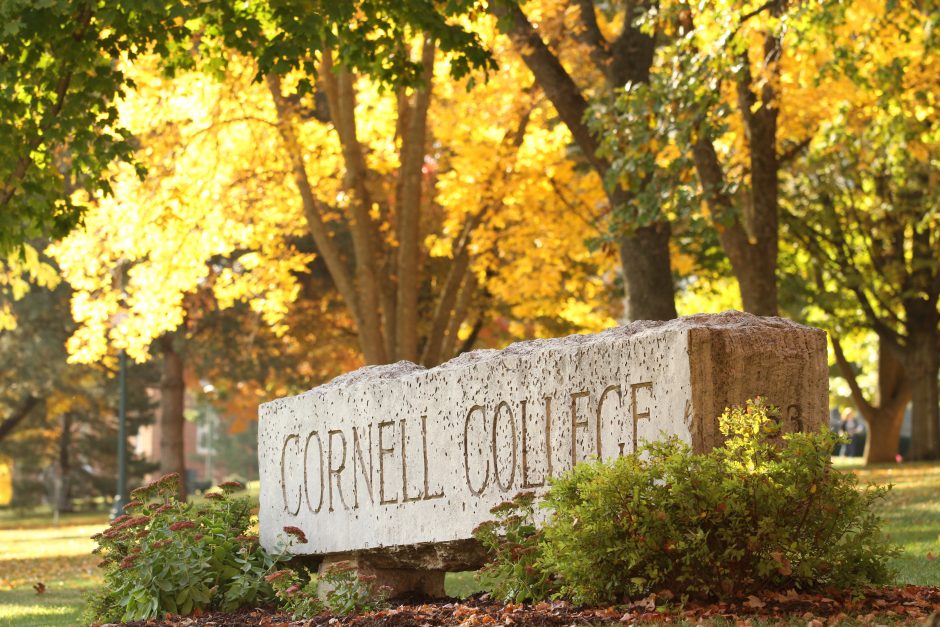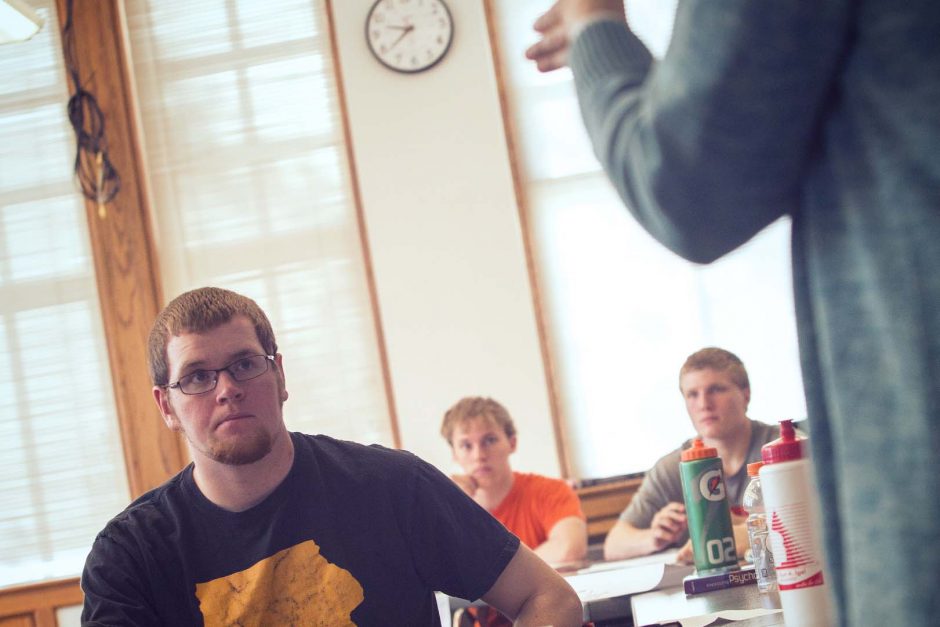Up next: Reimagining the core curriculum
Cornell College’s curriculum continues to evolve to stay abreast of changes in society and in the job market. Its efforts recently got a boost with a $50,000 planning grant from the Andrew W. Mellon Foundation to innovate and reform the general education curriculum.
The planning is closely integrated with the college’s strategic plan to reimagine the liberal arts.
“As a result of this planning process, we are seeking to create a new and distinctive framework for general education at Cornell College that can be embraced and endorsed by the entire Cornell community,” says Vice President for Academic Affairs and Dean of the College Joe Dieker.
“There haven’t been really significant changes to the core curriculum in decades,” Dieker says. “We want to make sure what we’re offering prepares students for the future. This won’t be your grandparents’ liberal arts courses curriculum.”
The changes aren’t limited to the core curriculum. The process began in 2013 when Dieker led the curriculum committee that examined data from five states about the choices and interests of undergraduates. The committee also looked at labor department salary data. As a result, in 2015, the college added engineering science and business as majors. Dance was added to the theatre department’s curriculum last fall.
This fall the college will offer a new bachelor of science in engineering degree and a new management major. Deirdre Schleicher ’93, a management professor at Texas A&M University, helped shape the management program and will teach the first courses. Also new in the fall is a behavioral neuroscience concentration within the psychology major, the most popular major on campus. A new faculty member, Steven Neese, specializes in behavioral neuroscience and will teach courses in the concentration.
In addition, Cornell has partnered with the University of Iowa to provide a new five-year bachelor of arts and master’s in public health degree.
Dieker says future plans include expanding the international relations emphasis in the Department of Politics, and integrating digital media across the curriculum.


